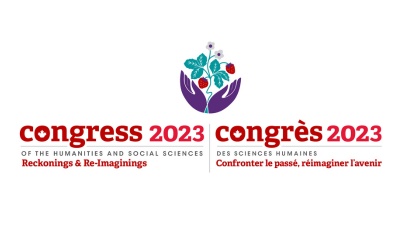Big Thinking at Congress 2018
Thinking about war
War — its imprint in our lives and our memories — is all around us, from the metaphors we use to the names on our maps. As books, movies or television series show, we are drawn to the history and depiction of war. Nevertheless, we like to think of war as an aberration, as the breakdown of the normal state of peace. This is comforting, but wrong. War is deeply woven into the history of human society societies. Join Margaret MacMillan as she analyzes the tangled history of war and society and our complicated feelings towards it and towards those who fight. This lecture will explore the ways in which changes in society have affected the nature of war and how in turn wars have changed the societies that fight them, including the ways in which women have been both participants in and objects of war.
Margaret MacMillan, C.C., Professor of History at the University of Toronto, former Warden of St. Antony's College and Professor of International History, University of Oxford

Opening the world’s eyes on Ukrainian culture
by Dave Hazzan, writer and academic, completing his PhD in History at York University What is an artist’s role in a time of war? Does the artist even have a role, or does their work get lost in a time of mass devastation? Gregory Hlady, a Ukrainian...

What don't we understand about the war in Ukraine?
← Big Thinking Podcast homepage Season 2 → Description | About the guest | Transcript | Follow us Description When Vladimir Putin launched a new military offensive last February, Canada condemned Russia’s actions and support Ukraine. As the war...

Resources regarding the war in Ukraine
As the Russian Federation’s war against Ukraine persists, scholars in the humanities and social sciences continue their role in providing context about the background and consequences of the conflict. We would like to highlight various contributions...
